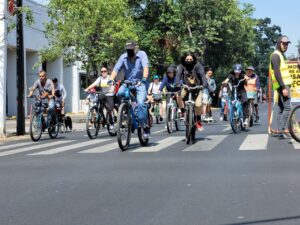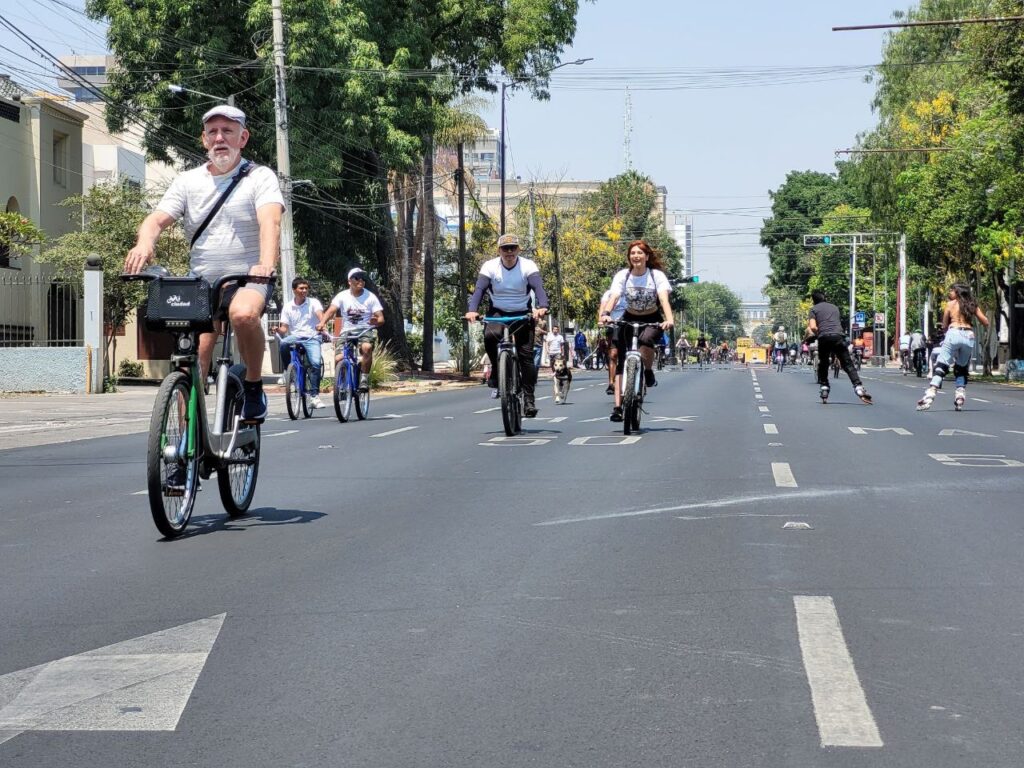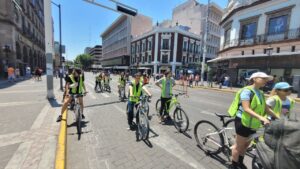A program launched 20 years ago has succeeded in making the GuadalajaraJalisco, in western Mexico, one of Mexico's most important more sustainable and inclusive cityhighlights an article in World Economic Forum.
It is about Via RecreActivaThe initiative was born in 2003 from a coalition of business owners with the objective of improving the cleanliness and quality of life in the city center, following the model of a similar program in Bogota, Colombia.
Via RecreActiva consists of the street closure weekend, to encourage pedestrians and cyclists to use these main roads that are normally reserved for automobiles.
"Via RecreActiva raised the importance of non-motorized mobility, showing the benefits of vibrant, car-free public spaces," says Salomé Gongazde, Evaluation, Learning and Engagement Specialist, WRI Ross Center Prize for Cities.
In addition to the positive impact on the reduction of emissions by restricting the circulation of motor vehicles and on the health of people who take advantage of these public spaces for exercise, this program, over time, helped seed the emergence of new civil society coalitions focused on sustainability and the defense of cyclists, which have since had a measurable impact on the city's transportation policies.
"In 2009, a coalition of organizations advocated for a new master plan for non-motorized mobility that was approved by the municipality, and in 2010 successfully opposed the construction of a major elevated highway for motorized traffic," the article notes.
World Economic Forum states that in order to avoid the most damaging impacts of the climate changeincluding human, social and economic losses, it is crucial to build climate-ready cities.
Recent studies indicate that the global targets set to make cities more resilient are far from being met.

However, there are cities around the world that are rising to the challenge and with innovative urban projects are demonstrating how cross-sectoral solutions can achieve systemic change to make cities more sustainable and inclusive.
The program Via RecreActivaof GuadalajaraThe project, which is part of a larger public space intervention, exemplifies how a major public space intervention can create new constituencies focused on change for a more sustainable city.
Source: World Economic Forum



